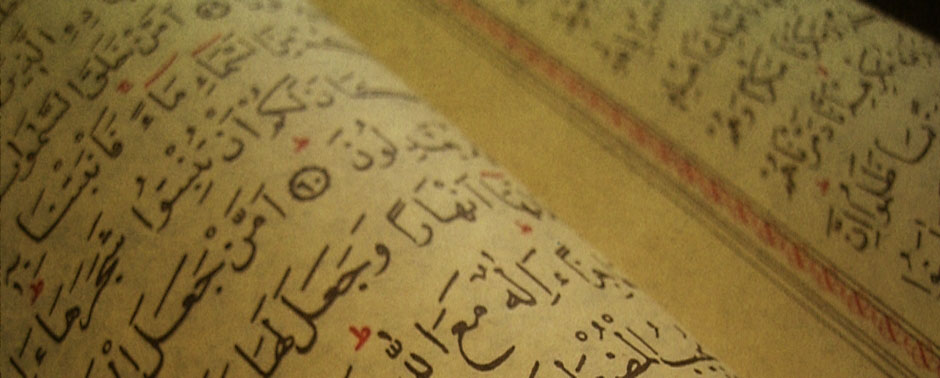Resources for studying history of tasawwuf
Islamic tasawwuf has a long and rich tradition of history, therefore this discipline has multi-layers of resources for studying. The books written under the study of tasawwuf can be categorized as follows.
1) Philosophical books on tasawwuf:
These kind of studies center around topics like adjectives of Allah(j.j) and His creation, the relationship between human and his Creator and similar epistemological subjects. These kind of studies are related with the concept of “Mushahadee” which is is “related with an special stage for the “areef” ones. The areef is the one who is occupied with knowing himself to know more about Allah(j.j) in better way.”
The most well-known philosophical book on tasawwuf has been written by Muhyiddin Ibn-ul- Arabi, titled as Al-Futûhât al-Makkiyya
2) Fiqh related tasawwuf books:
These volumes deal with tasawwuf and its relationship with the “fiqh” studies of Islam. Usually they are written to prove that tasawwuf has its roots in every possible Islamic studies, as well as Quran interpretation and the study of “hadith” Imam Ghazali’s Ihya’ ulum al-din, “Revival of Religious Sciences” is considered as an important study in this field, which is also regarded as his most influential work. Also in this field, Abdulqadeer Jeylanee’s “Gunyet-ul Talibeen” book is considered important groundwork to explain the relationship between “sharia law” and tasawwuf studies.
Imam Rabbani’s “Maqtubat” is can be listed under this category.
3) Books of “Tabaqat-i Sufiyye” :
These works usually tell us the life-story of well-known Sufis and their style of “teaching and spreading Islam” and their quotes which are full of Islamic wisdom.
For instance Abdulqareem Al-Qusheyri’s Ar-Risale is considered as an important study in this field. Likewise, Fariduddin Attar’s “Tazkiratul Awliya” is another example for the “collected life-stories of Sufis”
4) Poetic tasawwuf works:
They are usually in the form of poetry due to style but the inner meanings reflect many different aspect of tasawwuf studies, like Mawlana Jalaluddin Rumi’s well-known work Masnavi
5) Tasawwuf related tafsir books.
These are like regular tafsir books only written by Sufis, therefore contain Quranic interpretation based on their “views”. They can be considered as “sufism related Quran tafsir”
Junayd of Baghdad has “Tafsir” and Ottoman scholar Aziz Mahmood Hudayee has written “Nefaisul Mecalis” in this field.









You must be logged in to post a comment Login